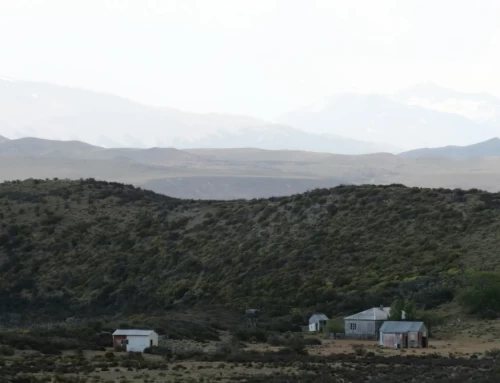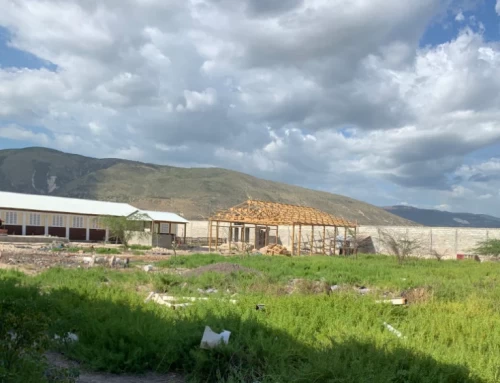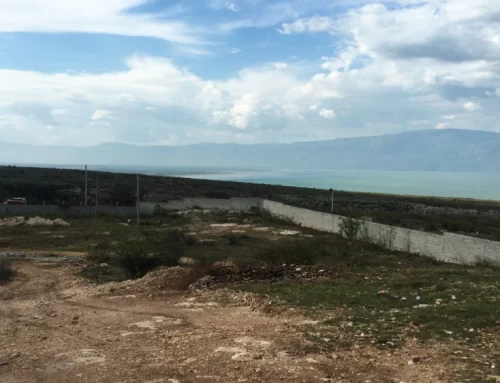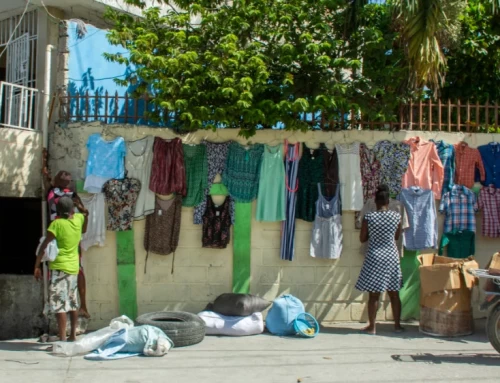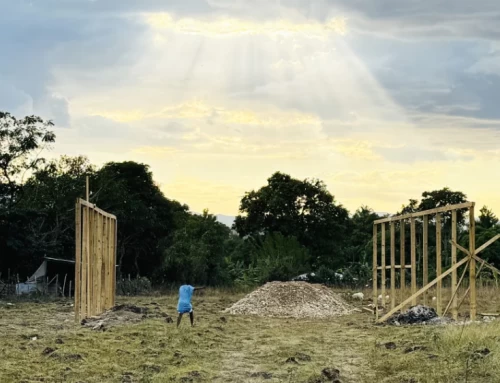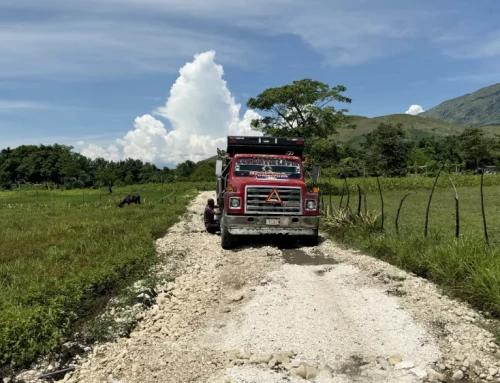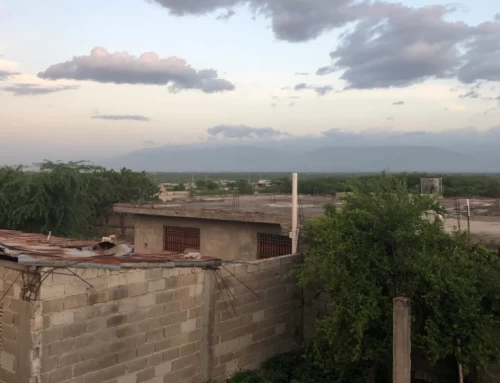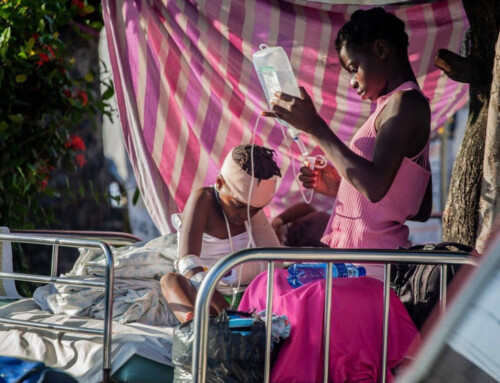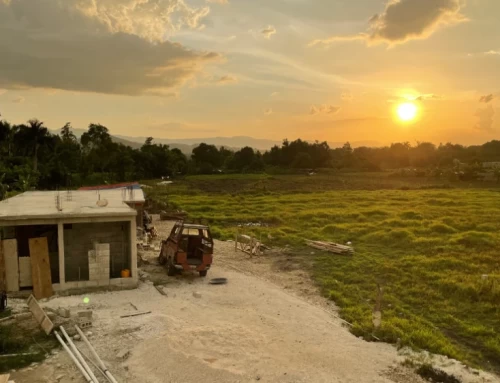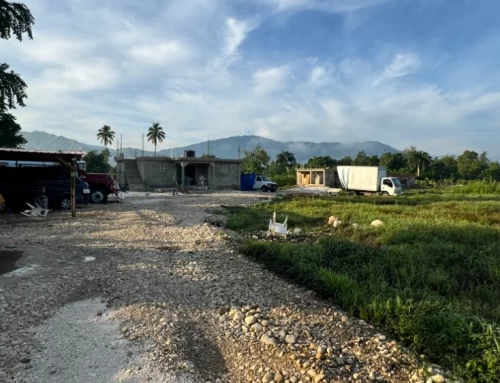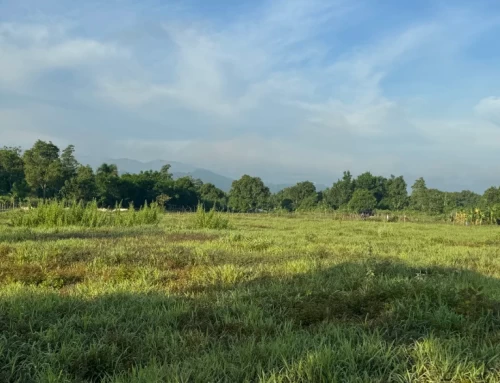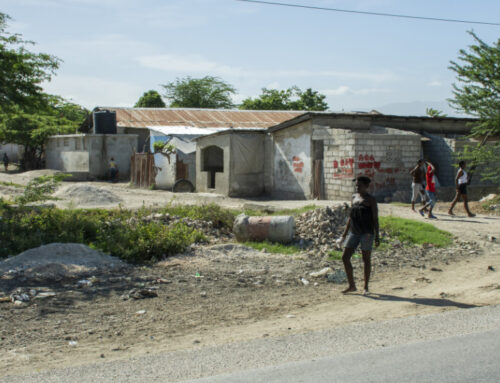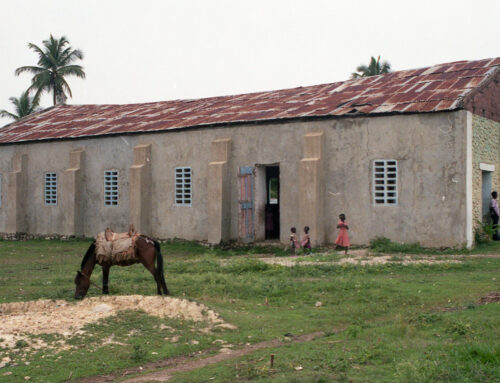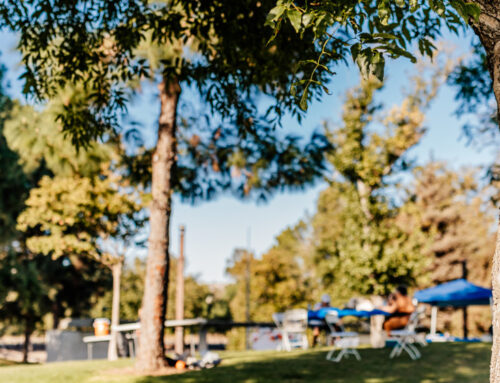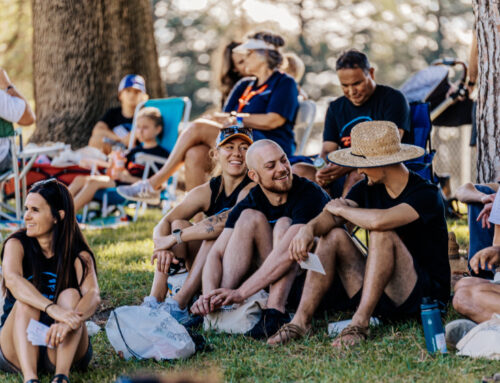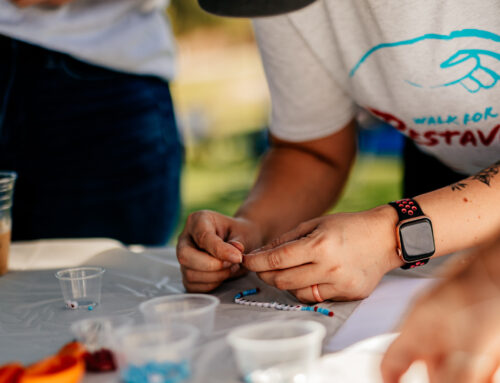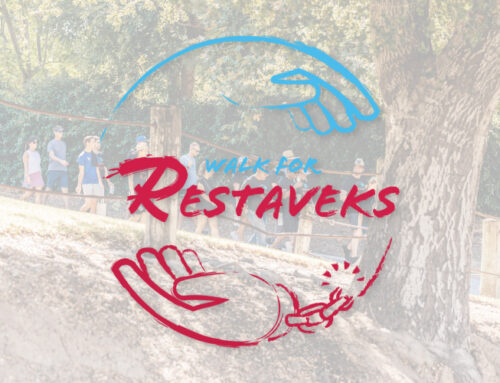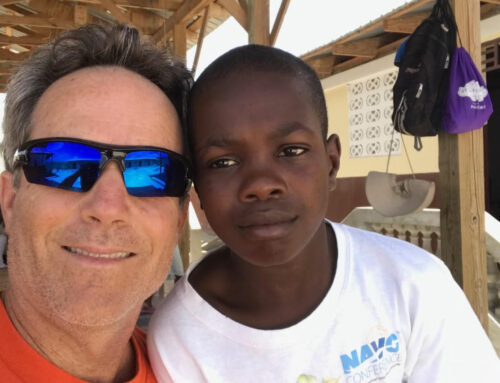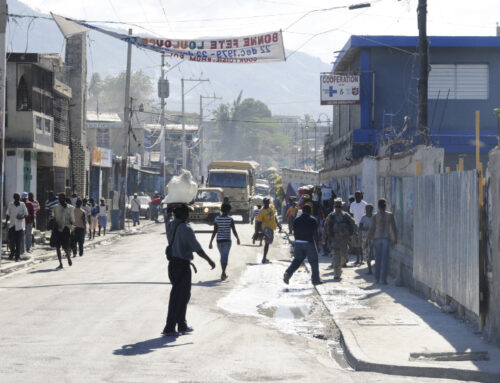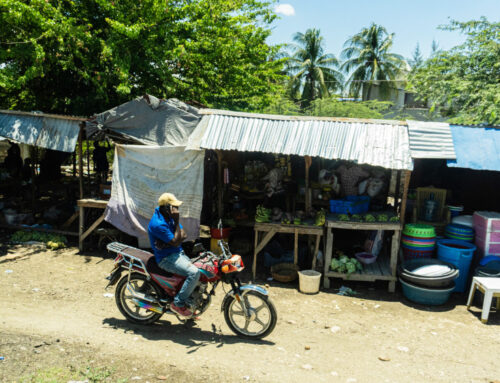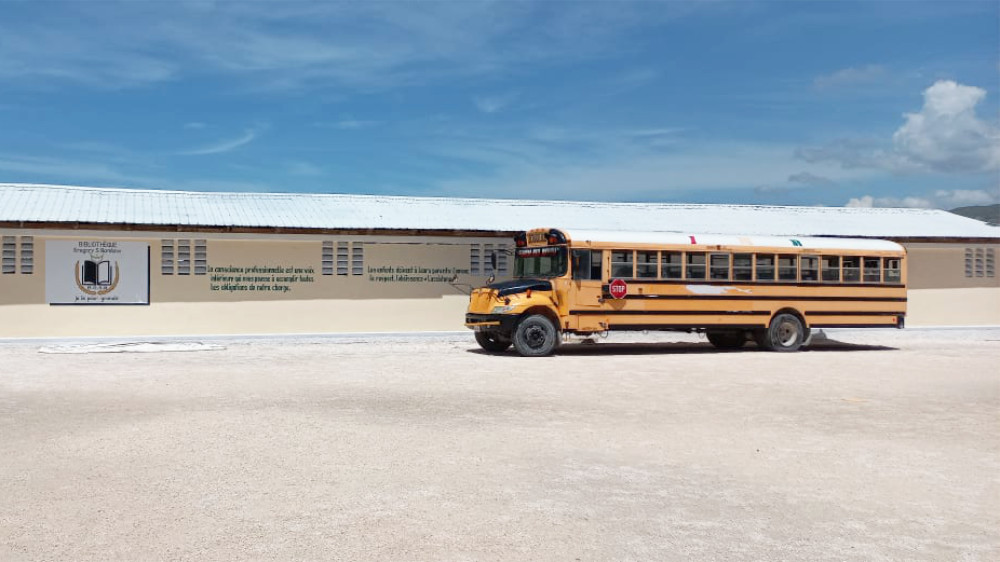
Orphanages in Haiti are different than orphanages in many countries. When we think of an orphanage, we likely imagine a group of children who don’t have families. In Haiti, that’s not usually the case. While some children might have lost their parents, a greater percentage of them have families, but their families are unable to support them. For this reason, one of the challenges with Haitian orphanages is that kids will often go back and forth from the orphanage to their family home. If the father is out of work, then they go to the orphanage—if he gets a job, they come back out.
The question arises as to how many times orphanages can allow that to happen before saying, “We have other kids with greater needs.” Part of the challenge of irregular orphanages lies in wanting to parent these children and help them grow in age-appropriate ways. But when they go back and forth, children start wondering why they should respond to you when they have a parent out there.
At one point, we were supporting five orphanages in Haiti, and that’s when we began to see this pattern of orphanages caring for kids who weren’t true orphans. We thought carefully about the issue as we were starting our own homes. The book of James is clear about the importance of caring for widows and orphans—so to that end, we made it a priority to look for the children who had no other source of support. That’s when we started hearing the term “restavek.”
Restaveks are children who truly don’t know where their parents are. They may still have parents, but they are considered orphans because they don’t receive care or support from them. When we bring a new child into our own homes, the process always starts through social services. Before coming to us, social services does everything they can to find the child’s parents. If they can’t, then we take them. That’s what makes us different: the children in our homes are true orphans, and a true orphan needs a home, not a transition point like the other kids in the Haitian system. Because we’re drawing a functional distinction, we wanted to draw a distinction in terminology as well.
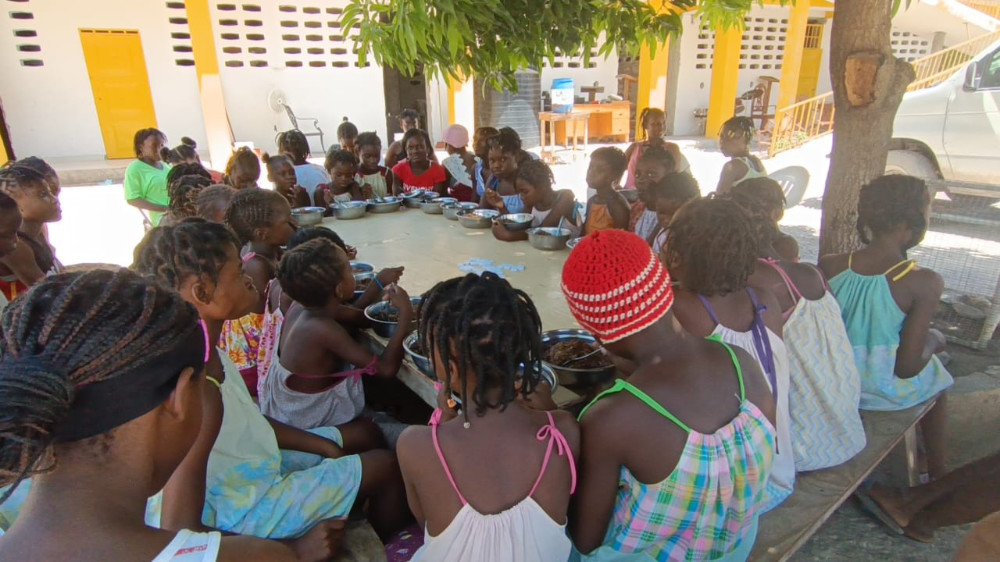
We use the term “Children’s Homes,” not “orphanages,” intentionally, because we think of our facilities as homes. Our children are not in a transitory situation. They are orphans in the literal sense of the word, and they have nowhere else to go. We want them to feel welcome to stay as long as they need to, and the language we use reflects that desire. It’s the difference between thinking of orphanages, which tend to be intermediary solutions or even temporary housing for children of poor parents, versus thinking in more permanent terms by using the term “home.” Our model fills the role of a home because we become the child’s new family. They transition into a permanent position of care with us, and there is no expectation that we will ever stop extending that love and care to them.
To learn how you can be praying with us for the ministry in Haiti, visit Prayer Requests.
Share This Story!
Join Our Email List!
Get our blogs delivered directly in your email, don’t miss an opportunity to read about our mission to save children and bringing the Gospel to Haiti.

